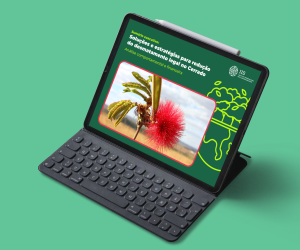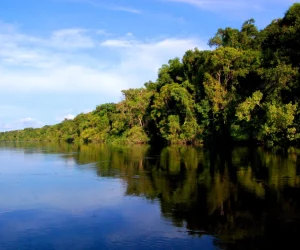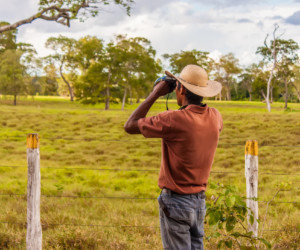Publications > Article
The European Union-Mercosur Free Trade Agreement as a tool for environmentally sustainable land use governance
After twenty years of arduous negotiations, in 2019 the European Union (EU) and the Common Market of the South (Mercosur) announced the conclusion of a landmark trade agreement. Celebratory fireworks, however, were soon replaced by less desirable signs of smoke: the burning of the Amazon and Cerrado biomes, which has placed the bi-regional partnership under close public scrutiny. Since then, a lively debate among scholars, policymakers, activists, and private sector stakeholders has unfolded in an effort to assess the economic, social, and environmental implications of the agreement.
To contribute to this debate, we use the EU-Mercosur Trade Agreement (EMTA) as a case study to discuss the complexities of transitioning to a global green trade policy paradigm, questioning whether free trade agreements could effectively promote sustainable land use governance. Bearing in mind the current environmental footprint of EU imports of Brazilian commodities, we illustrate the challenges inherent to decoupling international agri-food trade and land conversion, examining the current estimates and projections regarding the EMTA’s potential impact on land-use change in Brazil. We also investigate the sustainable development provisions in the EU-Mercosur agreement, reviewing its land conversion-related clauses.
While the EMTA has limitations common to other free trade agreements, it could be a useful additional tool for improving sustainability governance in the existing trade between the two regions by establishing a structured and legally stable platform for cooperation and implementing joint initiatives. The EMTA could set a positive benchmark for future free trade agreements that Mercosur might negotiate with other countries that are larger importers of agricultural commodities.
The articles highlights:
- Land conversion in Brazil is embedded in EU agri-food imports.
- The estimated impact of the EMTA on land-use change in Brazil is relatively small.
- The TSD Chapter of the EMTA has provisions and limitations that are similar to those of other EU FTAs.
- The EMTA can be a useful additional tool in the multi-level governance framework for deforestation-free trade.
-
he EMTA could set a positive sustainability benchmark for future free trade agreements that Mercosur may negotiate.
This article was published within the scope of the project ‘UKRI GCRF Trade, Development and the Environment Hub,’ in which IIS, alongside 50 institutions from 15 different countries, analyzed land use and biodiversity outcomes from agricultural commodity production and international trade scenarios.










